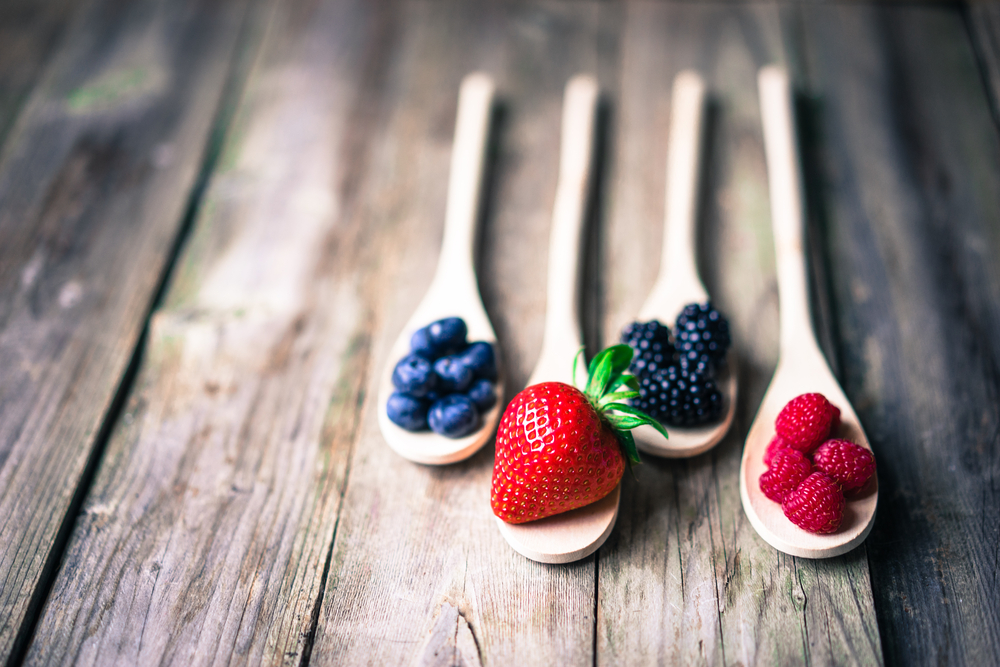A common question I get asked as a dietitian is: ‘Is it good or bad to eat fruit, as it contains sugar?’ The simple answer is that fruit is not bad for you and there are several reasons why:
- Fruit contains vitamins, minerals and phytonutrients
Fruit should not be avoided as it contains a number of vitamins, minerals and phytonutrients which offer many benefits for the body. Phytonutrients are bioactive compounds in food that promote health by boosting immunity and preventing or reducing the risk of getting certain chronic lifestyle diseases. An example of a phytonutrient is Resveratrol – found in red grapes – that helps to reduce cholesterol.
Taking a fancy multivitamin that contains vitamins, minerals and even phytonutrients is not going to provide the same benefit. There are studies that clearly show nutrients provided in the vehicle of food compared to supplements have superior benefits.
- The way fruit is metabolised is unique
Fruit contains a type of sugar called fructose. This is not the same as table sugar which is sucrose. The fructose in fruit is found within a fibre casing. Think, wooden box holding the fruit sugar. Your body needs to first break down this wooden box to access the fruit sugar. This takes time. Then the fruit sugars need to make a stop at the liver to be converted to glucose. Your body can’t use fructose as fuel but it can use glucose hence the conversion. This conversion again takes time. All this time is a good thing. It means glucose is being released slowly into the bloodstream which provides sustained energy levels, improved mental performance and you feeling fuller for longer. Eating a chocolate high in sugar is different as it has no wooden box and no detour via the liver. All that sugar immediately gets dumped into the bloodstream. It’s a very different situation.
- Portion control is important
If you control the portion size of your fruit intake, it can form part of a healthy diet. Eating fruit is healthy but healthy your whole fruit bowl at one go is not a good idea.
A common mistake is snacking on handfuls of dried fruit. This is not ideal as dried fruit has more concentrated energy than fresh whole fruit. For example, one medium apple (150g) or 10 medium strawberries (250g) is equivalent to one tablespoon of raisins. It is also preferable to eat whole fruit rather than drink fruit juice. One glass of fruit juice is approximately equivalent to 5-8 portions of fruit.
Aim to eat not more than a tennis ball size of fruit per meal. This is a rough estimate. You can talk to your dietitian for more detail.
- Fresh fruity ideas
Try to include all the different coloured fruits in your diet, for example, bananas (yellow), apples (green or red), citrus (orange). Each colour provides a unique set of healthy phytonutrients.
If you’re keen to add more fruit to your diet, try these options:
- Pieces of fruit in your morning oats, bran cereal, or low-fat plain yoghurt.
- Snack on whole fresh fruit.
- Make a balanced fruit smoothie.
- Add fruit to baking or meals to provide natural sweetness in place of sugar like grated apple in bran muffins.
- On a hot day snack on fruit dipped in yoghurt then frozen like berries or make a pureed fruit frozen yoghurt.


